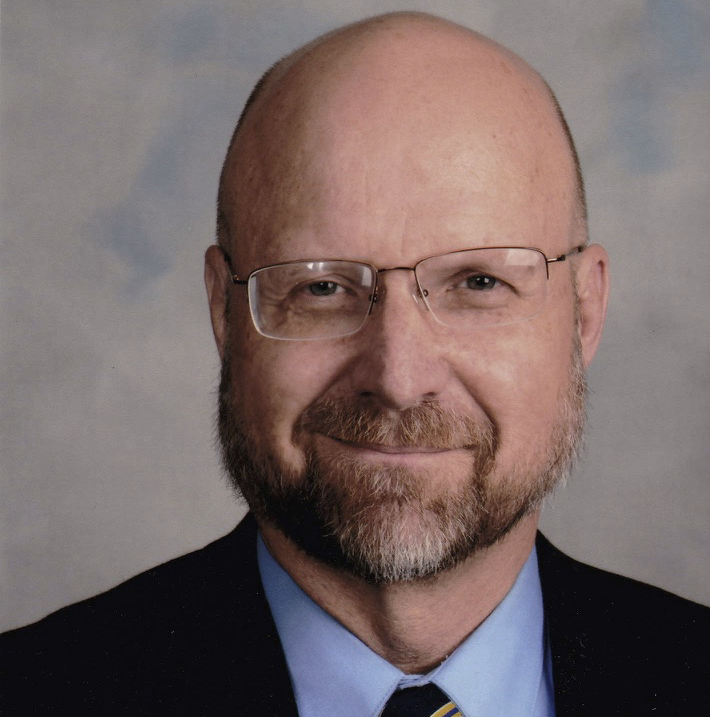Stephen Camarata is professor of hearing and speech sciences and of psychiatry at Vanderbilt University in Nashville, Tennessee. His expertise includes assessment and treatment of communication skills in children with autism and other developmental differences. He has published more than 100 papers on this topic and is the author of “Late Talking Children: A Symptom or a Stage” and writes for Psychology Today.

Stephen Camarata
Professor
Vanderbilt University
From this contributor
How to define verbal ability in autistic children
Researchers use a variety of measures and definitions to characterize autistic children who speak few or no words.

How to define verbal ability in autistic children
Explore more from The Transmitter
Lack of reviewers threatens robustness of neuroscience literature
Simple math suggests that small groups of scientists can significantly bias peer review.

Lack of reviewers threatens robustness of neuroscience literature
Simple math suggests that small groups of scientists can significantly bias peer review.
Dendrites help neuroscientists see the forest for the trees
Dendritic arbors provide just the right scale to study how individual neurons reciprocally interact with their broader circuitry—and are our best bet to bridge cellular and systems neuroscience.

Dendrites help neuroscientists see the forest for the trees
Dendritic arbors provide just the right scale to study how individual neurons reciprocally interact with their broader circuitry—and are our best bet to bridge cellular and systems neuroscience.
Two primate centers drop ‘primate’ from their name
The Washington and Tulane National Biomedical Research Centers—formerly called National Primate Research Centers—say they made the change to better reflect the breadth of research performed at the centers.

Two primate centers drop ‘primate’ from their name
The Washington and Tulane National Biomedical Research Centers—formerly called National Primate Research Centers—say they made the change to better reflect the breadth of research performed at the centers.